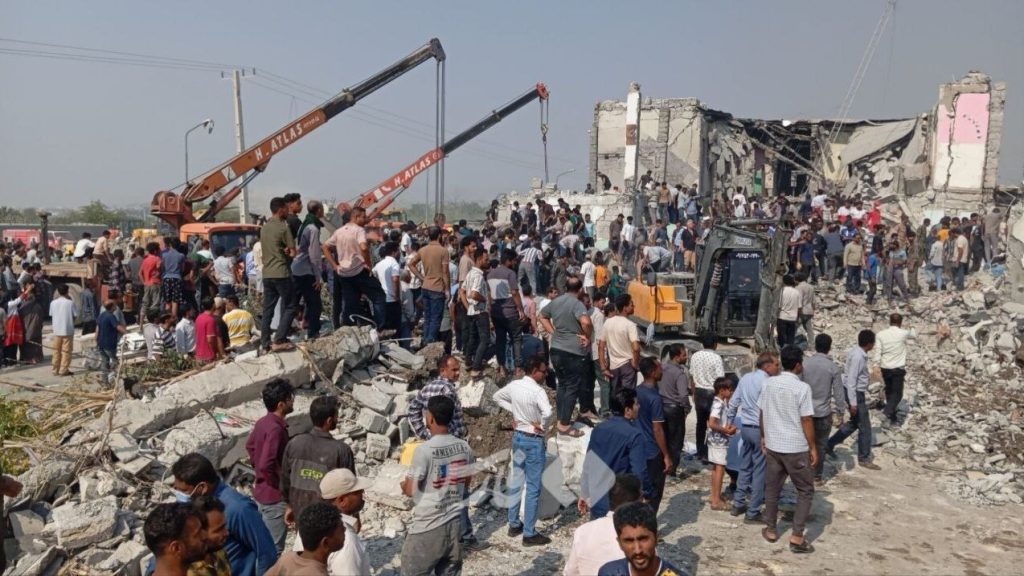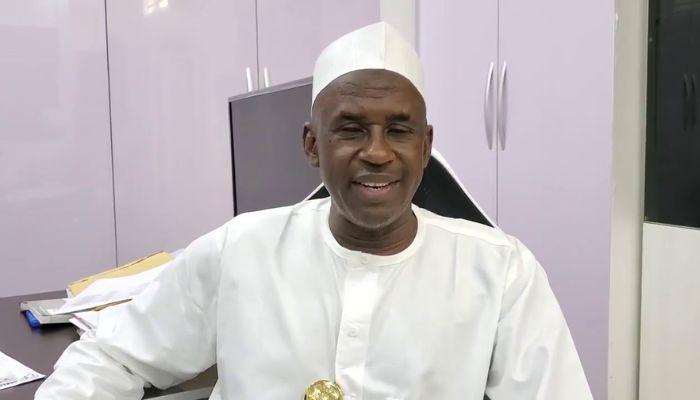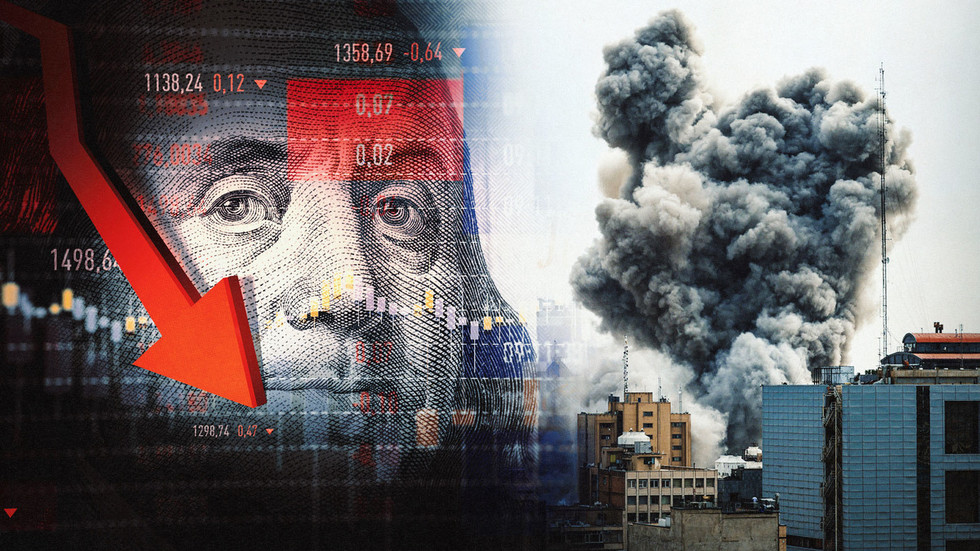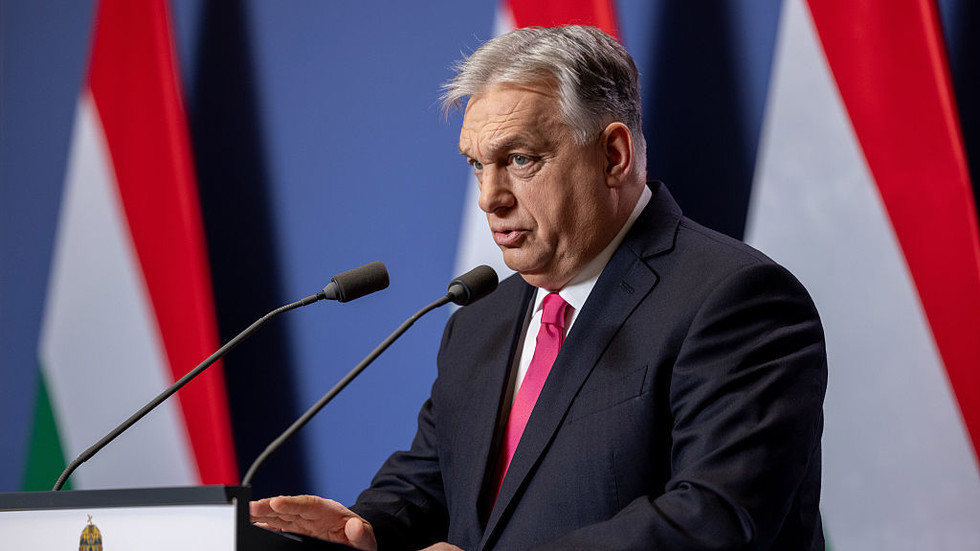A strike on a church compound in Gaza killed three people and injured ten others, including displaced civilians and children with disabilities, according to church officials. The incident drew a rare apology from Israeli authorities, who stated an investigation is underway, while Pope Leo XIV renewed urgent appeals for an end to hostilities in the region.
The attack damaged sections of the compound, which served as a shelter for families displaced by ongoing clashes. Witnesses reported that the shell struck an area housing vulnerable groups, including children with physical and cognitive disabilities. Gabriel Romanelli, the parish priest, sustained injuries in the blast but is reported to be in stable condition. Local religious leaders condemned the strike, calling it a “devastating blow” to a site intended as a refuge.
Israel’s military acknowledged the incident hours later, expressing “deep regret” and emphasizing that the strike is under review to determine if it breached operational protocols. Such public apologies from Israeli authorities are uncommon, underscoring the gravity of the situation. Military spokespersons reiterated commitments to minimizing civilian harm but provided no immediate details on how the compound became a target.
The tragedy has amplified international calls for de-escalation. Pope Leo XIV voiced “profound grief” over the loss of life and reiterated demands for an immediate ceasefire, stressing the protection of Gaza’s small Christian community and all civilians trapped in the conflict. His statement highlighted the compound’s role as one of the few remaining sanctuaries for displaced families, many of whom have fled intensified fighting in recent weeks.
Gaza’s Christian minority, comprising roughly 1,000 residents, has faced heightened risks amid the broader humanitarian crisis. Aid organizations report severe shortages of medical supplies, food, and clean water across the enclave, with shelters operating far beyond capacity. The strike on the church compound has drawn attention to the precarious conditions for civilians, particularly those with disabilities or chronic health issues reliant on communal support networks.
As investigations proceed, regional tensions remain fraught. The incident follows weeks of escalating violence that has claimed over 1,000 lives in Gaza and Israel since hostilities resumed last month. Diplomatic efforts to broker a truce have stalled, with both sides accusing the other of violating previous agreements. Analysts warn that attacks on sites perceived as neutral, such as places of worship or aid centers, risk further eroding trust in conflict resolution processes.
The United Nations and several governments have urged restraint, emphasizing international humanitarian law protections for civilians and civilian infrastructure. Meanwhile, families at the damaged compound grapple with loss and displacement, their plight emblematic of a crisis with no clear end in sight.



